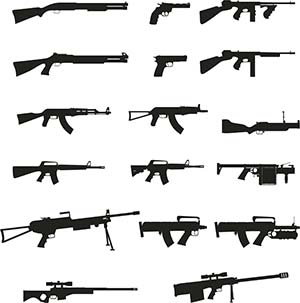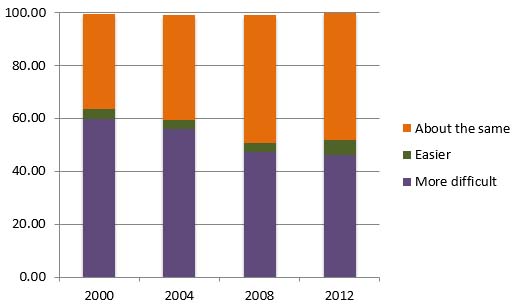Developed by Katie Brown in coordination with Darrell Donakowski.
On September 16, 2013, a former reservist killed 12 people in a Washington, D.C. Navy Yard. This latest high profile mass American shooting prompted President Obama to urge another push for stronger gun control. Obama first marked the issue as a national priority after a gunman shot and killed 20 first graders and six educators in a Newtown, Connecticut elementary school in December 2013. Obama promised to do everything in his power to prevent another such tragedy. In a Newtown vigil, and referencing the Aurora, Colorado movie theater shooting of the previous summer that killed 12 and injured 70, Obama declared enough.
Obama’s post-Newtown proposals included tougher background checks to purchase arms and the ban of military-style assault weapons used in several high profile mass shooting. But the package stalled in Congress. After the Navy Yard shooting, Obama urged the electorate not to accept mass shootings as a new normal, instead to demand common sense gun laws.
How do the American people feel about gun control?
For 65 years, the American National Election Studies (ANES) have interviewed a representative sample of voting age Americans on a variety of topics, including but not limited to voting and turnout, public policy support, societal values, and demographics. As ANES describes, the resulting data “inform the nation about itself.” Data from the 2012 survey were released at the end of June 2013.
One question in particular from the ANES sheds light on national attitudes toward gun control. The question was asked in 2000, 2004, 2008, and 2012, allowing us to trace responses over time. The graph below displays these trends (leaving out the small fractions who did not know or refused to answer).
Do you think the federal government should make it more difficult for people to buy a gun than it is now, make it easier for people to buy a gun, or keep these rules about the same as they are now?
As we can see, the proportion of the public supporting tougher regulation is shrinking over the time period, while satisfaction with current regulations increased. Yet, support for tougher gun laws is the most popular choice in all included years. It is important to note that these data were collected before Aurora, Newtown, and the Navy Yard shootings. The 2016 ANES study will no doubt add more insight into this contentious, important issue.




It is my right to keep and bear arms. Full stop. We don’t need more laws, just enforcement of what is already in place. Hands off my Constitution.